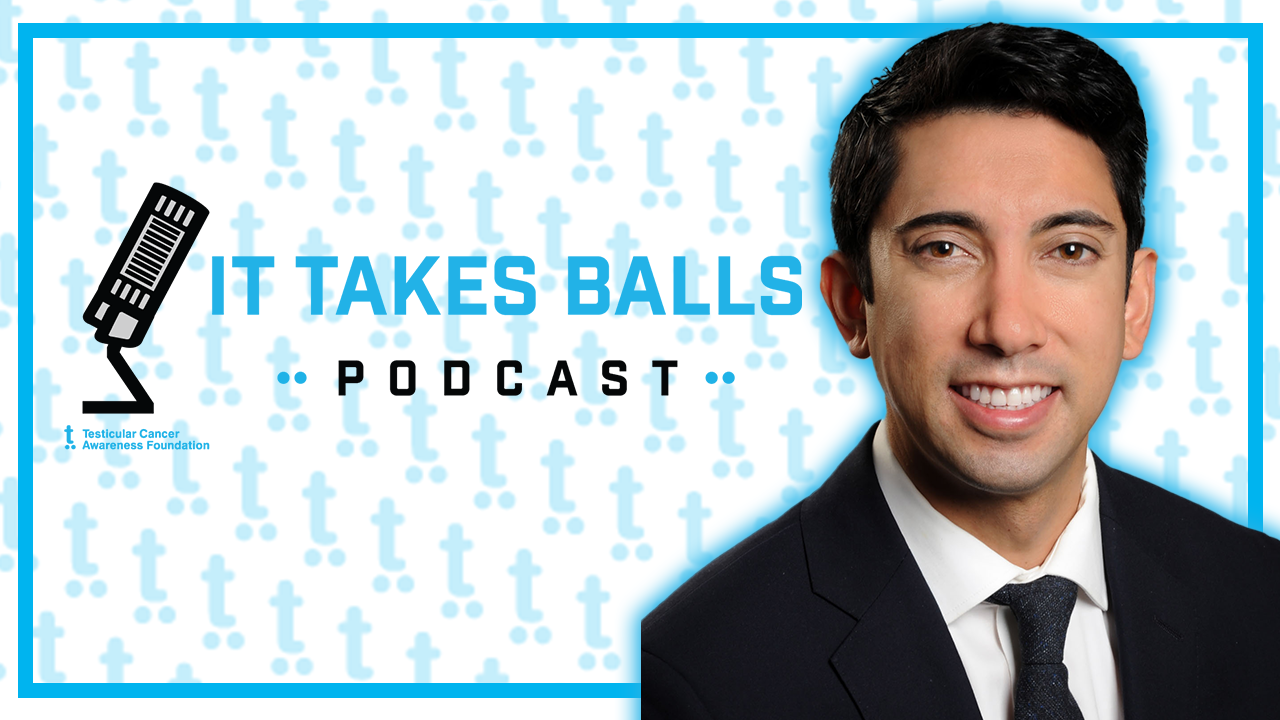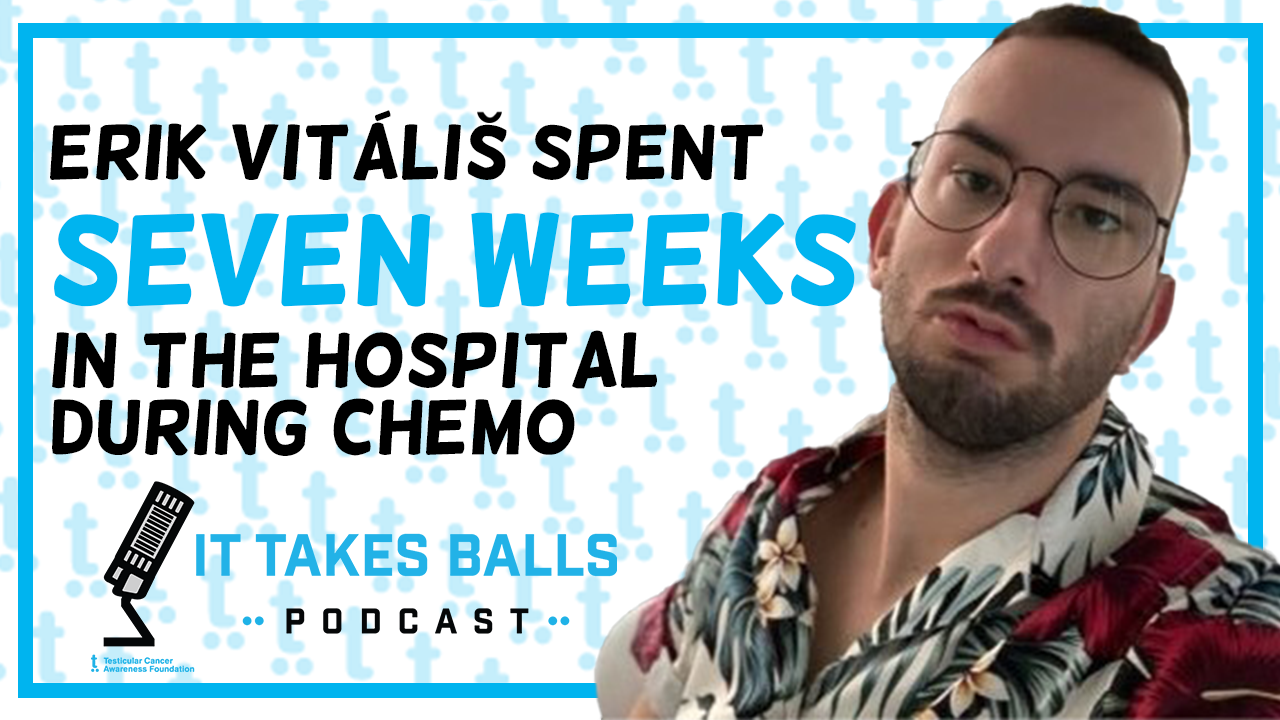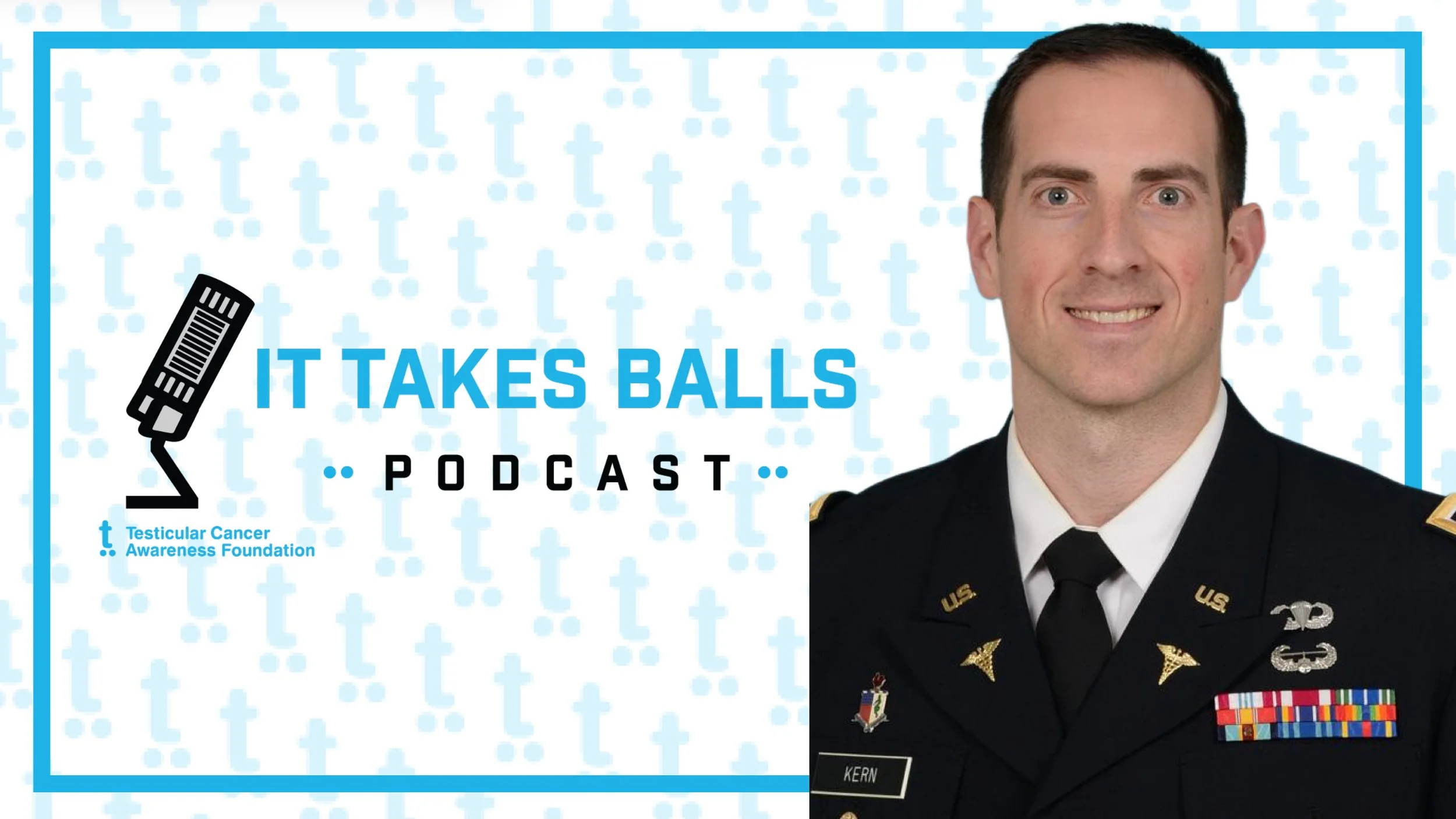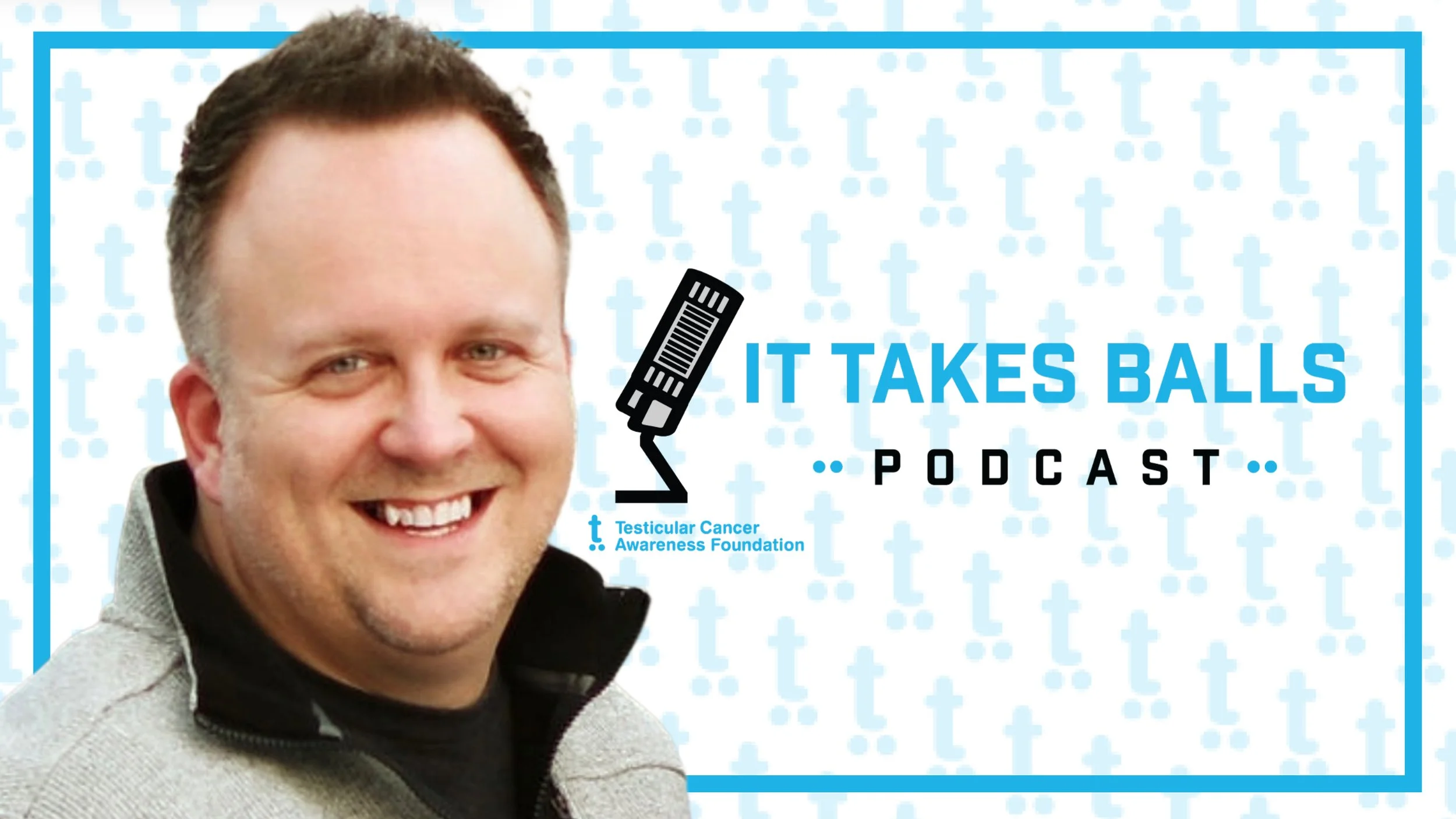Dr. Timothy Clinton is an associate surgeon at Brigham and Women's Hospital, Dana Farber Cancer Institute, and Harvard University. Dr. Clinton talks about performing minimally invasive retroperitoneal lymph node dissections (RPLND), how robotic RPLND compares to open RPLND, risks involved with both options, how candidates are selected for robotic RPLND, and more!
Read MoreDr. Millard highlighted that pre-existing mental health issues can affect how patients cope with cancer. He shared the case of "Danny," a 28-year-old patient who refused chemotherapy despite a high cure rate for his condition, ultimately leading to his death.
Read MoreFinally, Dr. Pierorazio shares two of his personal tips for wellness. He avidly journals each day in order to exercise gratitude, reflect on his day, and set priorities for the next day. Finally, he emphasizes the importance of finding a wellness mentor or counselor in order to expand surgeon wellness and talent.
Read MoreSleiter highlighted the importance of incorporating strategies to prevent ototoxicity into cancer treatment plans without compromising the effectiveness of chemotherapy.
Read MoreJames Paul is a testicular cancer survivor from the United Kingdom. James talks about being diagnosed with testicular cancer in his 40s after being born with an undescended testicle, receiving carboplatin chemotherapy, wanting to connect with other LGBTQ survivors, his advice for those who suspect cancer, and more!
Read MoreDr. Banegas emphasized that financial hardship is a multifaceted issue requiring a proactive and comprehensive approach from healthcare systems.
Read MoreAt the 2024 Testicular Cancer Conference presented by Fennec Pharmaceuticals, Dr. Timothy Masterson from Indiana University presented on the evolution of surgical management in metastatic testicular cancer. He traced the historical advancements from a time when there were no serum tumor markers, effective chemotherapy, or advanced imaging like CT scans. Early treatments involved extensive surgeries with high morbidity, and seminomas were primarily treated with radiation due to lower short-term risks compared to surgery.
Read MoreErik Vitáliš is a testicular cancer survivor from Slovakia. Erik talks about how rarely talked about testicular cancer is in his country and the need for more awareness, spending 7 weeks in the hospital during chemo, developing neutropenic fevers, being isolated while having COVID, his plans as an oncology PhD student, and more!
Read MoreKyle Broxterman is a testicular cancer survivor in Las Vegas, Nevada. Kyle talks about noticing a lump on his testicle, advocating for himself to be seen sooner, getting the call about possible cancer while ice climbing, keeping a positive attitude, returning to the mountain as a "single nut climber," and more!
Read MoreJoe Karasek is a testicular cancer survivor living in Florida. Joe talks about his troubled past with drugs and alcohol, being diagnosed with and treated for testicular cancer, nearly taking his own life after his orchiectomy, finding purpose and love while overcoming his disease, writing a book, and more!
Read MoreDr. Kern shares his experience going from testicular cancer provider to testicular cancer patient after completing his fellowship at Indiana University, plus information about the military's TESTIS program and how it can help those diagnosed with the most common cancer in active duty men.
Read MoreSeth Camp is a testicular cancer survivor from Wisconsin. Seth talks about being diagnosed with stage 2A testicular cancer at the age of 43, being a diabetic on chemo, the special stocking stuffer he now gives his sons to help them check themselves, having a vasovagal response to needles and surgery, the importance of talking to someone, and more!
Read More











